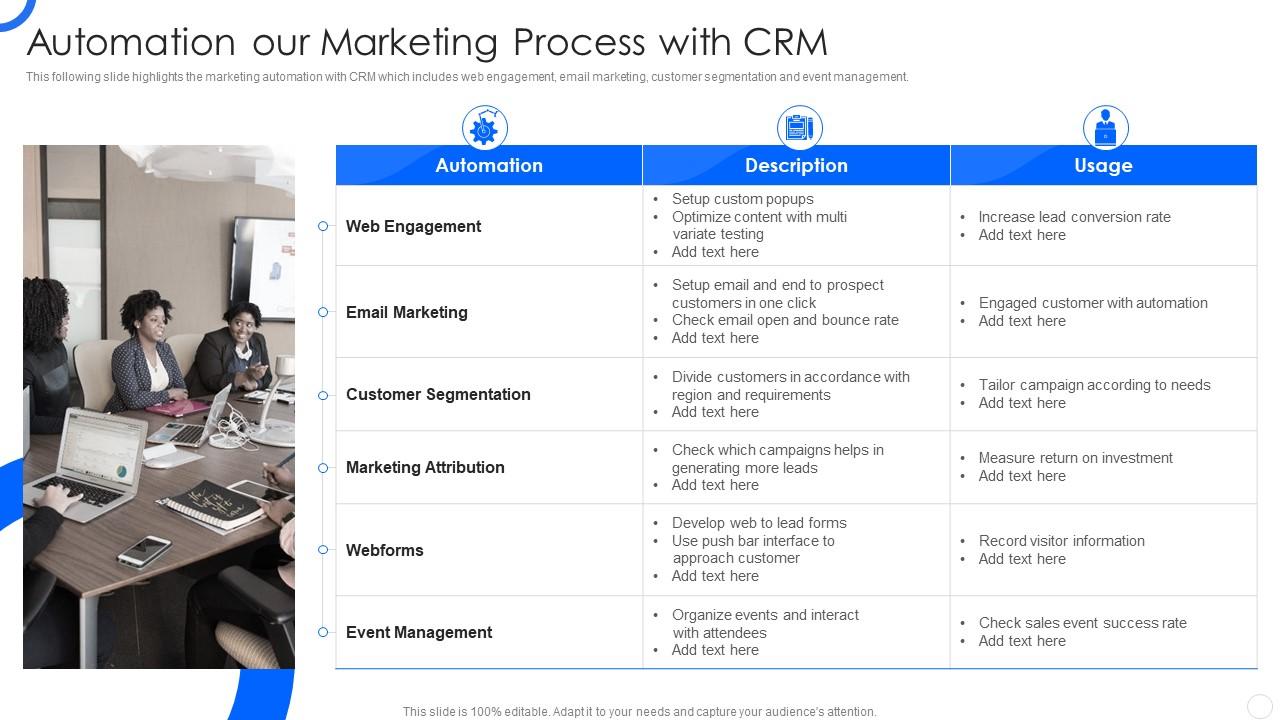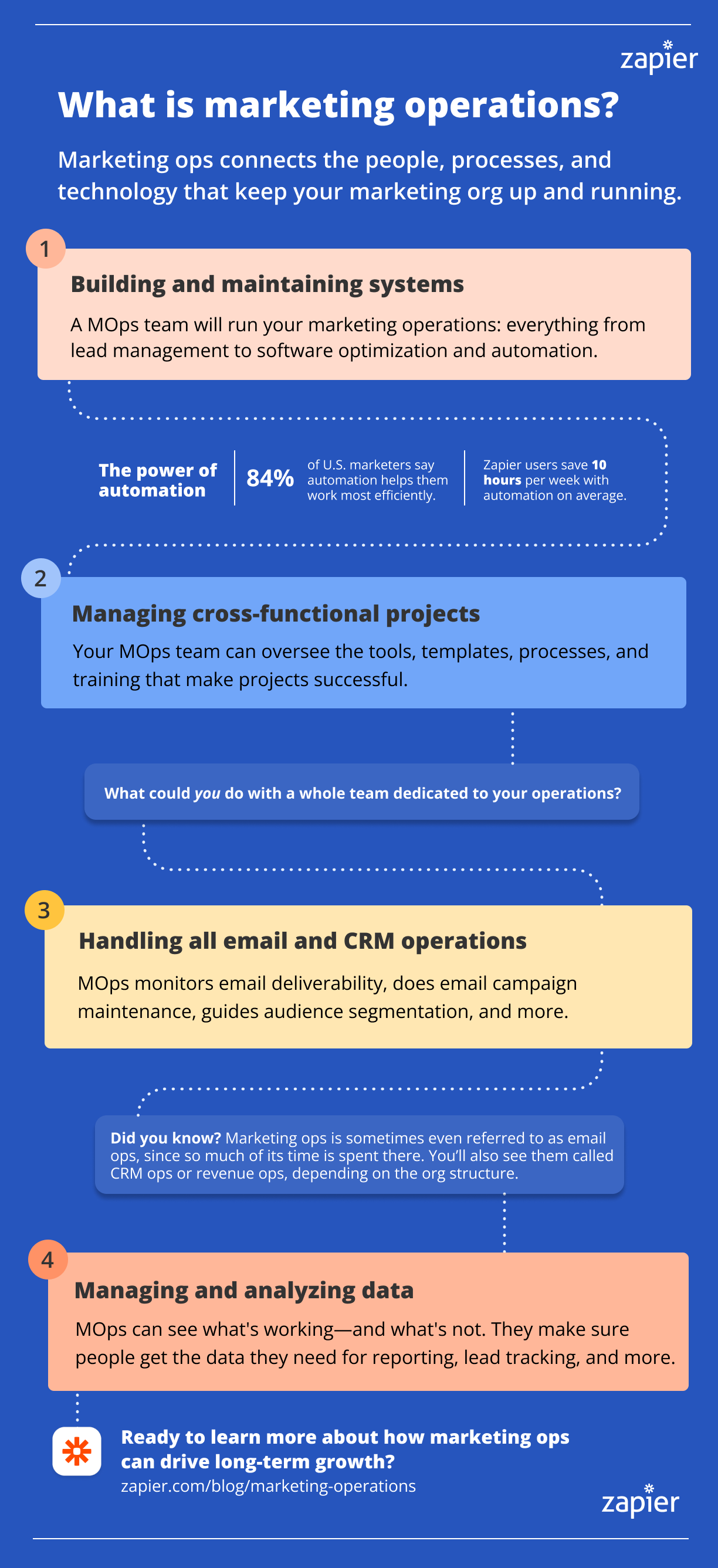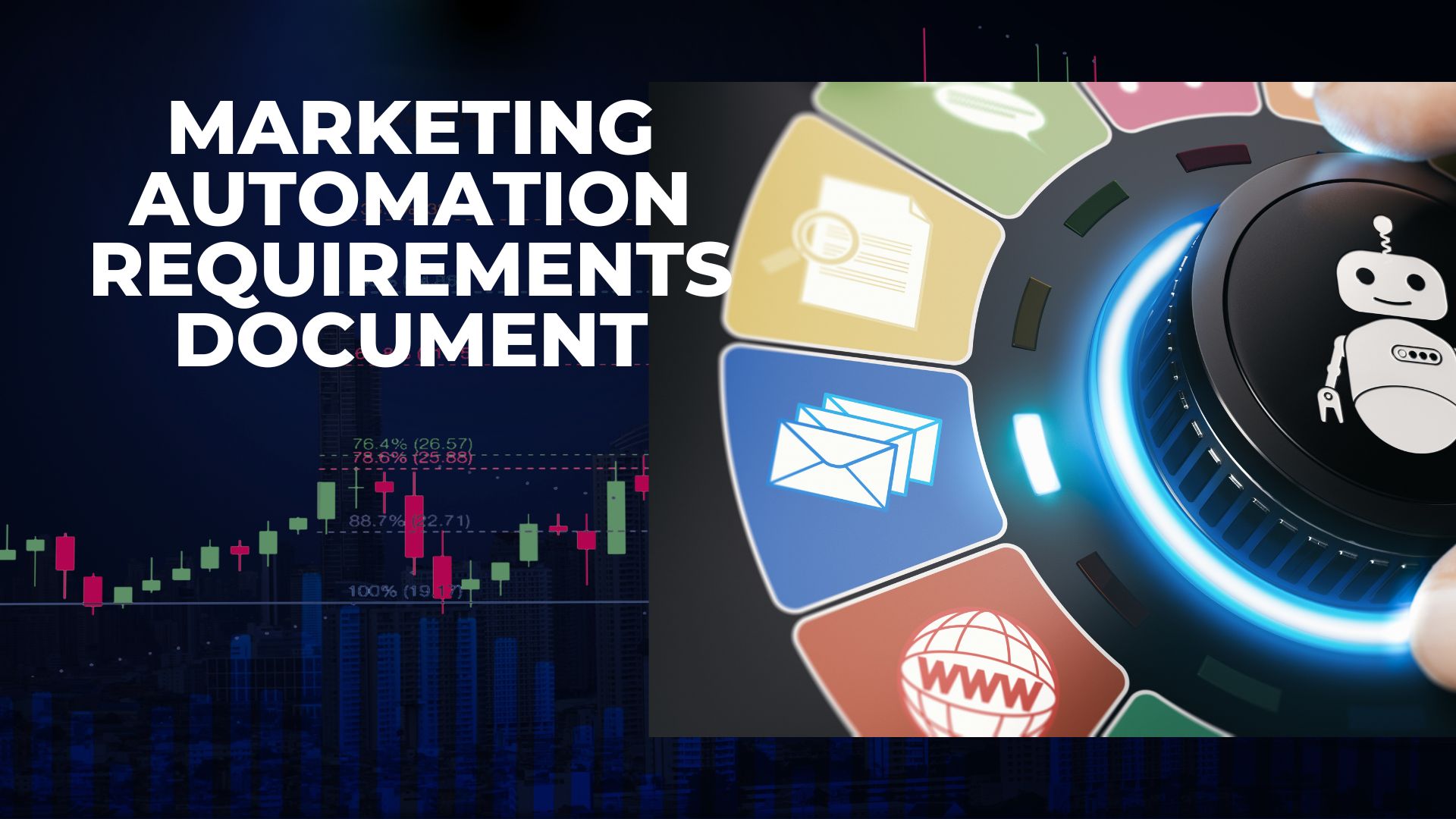A Marketing Automation Requirements Document outlines the essential features and functions needed to streamline digital marketing efforts. It serves as a guide to selecting appropriate automation software.
Creating a successful digital strategy involves leveraging marketing automation to efficiently manage campaigns, segment audiences, analyze behaviors, and score leads. This process demands a thorough understanding of marketing operations and the desired outcomes of automation. As digital marketing complexity grows, companies are turning to marketing automation to maximize efficiency and effectiveness.
This technology enables businesses to automate tasks and provides a more personal touch to customer engagements. A typical Marketing Automation Requirements Document should detail the operational and strategic components necessary to fulfill a company’s marketing goals. Key features often include campaign management, email marketing, lead nurturing, analytics, and integration with other systems. Carefully designed, this document becomes invaluable for aligning marketing tools with business objectives.
Introduction To Marketing Automation
Marketing automation streamlines strategic processes to bolster efficiency and relevance in the digital marketing realm. It encompasses automation tools that manage campaigns, segment audiences, analyze behaviors, and score leads. Technologies continuously evolve to align with dynamic business strategies, enabling responsiveness to consumer interactions in a more personalized manner.
The inclusion of marketing automation systems in businesses has revolutionized the landscape, offering substantial benefits from time-saving automation to data-driven decision-making. These solutions cater to various aspects of customer engagement and content optimization. Importantly, the implementation reflects a profound understanding of the customer journey.
| Evolution Phase | Characteristics |
|---|---|
| Early Adoption | Emphasis on email automation and basic tracking |
| Growth and Integration | Advanced analytics, CRM integration, and multi-channel outreach |
| Current State | AI-driven insights, predictive analytics, and personalized customer experiences |
As marketing automation platforms mature, they empower businesses to leverage automated workflows, predictive scoring, and AI capabilities, proving to be integral for efficient and effective modern marketing strategies.

Credit: www.slideteam.net
Mapping Marketing Automation Needs
Effective marketing automation hinges on pinpointing the essential features that bolster marketing strategies and execution. These core features should aim to seamlessly integrate with existing systems to enhance customer insights, lead nurturing, and personalization capabilities.
For buyers’ journey alignment, one needs to address how automation can guide potential customers through the purchasing process, delivering targeted content at each stage. Proper alignment ensures a smooth transition from awareness to decision-making.
Moreover, performance metrics are crucial for assessing marketing operations and determining the efficiency of campaigns. Automation tools equipped with analytics enable real-time monitoring and optimization, contributing to informed decisions for future marketing endeavors.
Key Requirements For Marketing Automation Success
Technical Requirements must prioritize seamless integration with existing systems and offer ample customization options. Ensuring the marketing automation solution communicates effectively with CRMs, email platforms, and analytics tools is essential. Support for APIs and service-oriented architecture stands critical for future-proof scalability.
Functional Requirements center on sophisticated campaign management and lead scoring mechanisms. These systems should enable the creation and modification of marketing campaigns with ease, including A/B testing capabilities. Additionally, they should facilitate granular lead scoring models that improve qualification and segmentation processes.
| Analytical Requirements | Description |
|---|---|
| Behavioral Analysis | Tools to track customer interactions and engagement across multiple platforms. |
| Personalization | Features enabling tailored content and messaging to individuals based on their behaviors. |

Credit: zapier.com
Effective Implementation Of Marketing Automation
Creating a comprehensive blueprint for your marketing automation strategy begins with understanding your business objectives and target audience. Successful deployment requires selecting a platform that aligns with your company’s goals and integrates seamlessly into your current tech stack.
To find the right marketing automation platform, evaluate each option’s features against your specific needs. Consider scalability, ease of use, customization capabilities, and support. It is crucial to assess the vendor’s industry expertise and the strength of their customer service.
Developing audit trails and ensuring compliance within automation tools safeguards against data breaches and regulatory infractions. Regular reviews of user activities and automation outputs maintain transparency and accountability. Implement continuous training for your team to avoid costly errors and enhance your automation efforts.
Best Practices And Checklist For Marketing Automation
Establishing a comprehensive Marketing Automation Features Checklist is vital for the seamless integration and functionality of marketing automation tools. Ensure your software includes lead generation and nurturing capabilities, customer segmentation for targeted campaigns, and multi-channel marketing to reach audiences across various platforms. Robust analytics and reporting tools are crucial for measuring success and making data-driven decisions.
To align with business objectives, customizing automation workflows is imperative. Invest time in mapping out specific marketing operations and strategies to streamline tasks like email automation, social media scheduling, and campaign management. Continuous improvement is key, requiring a focus on monitoring and optimizing automation activities. Track performance, tweak as necessary, and stay adaptable to market changes to ensure your marketing automation is always performing at its peak.

Credit: www.tealhq.com
Future Perspectives And Evolving Trends
Emerging technologies are revolutionizing marketing automation by infusing advanced capabilities like predictive analysis and artificial intelligence (AI). The integration of AI into marketing automation tools enables sophisticated data processing for predictive analytics, allowing businesses to forecast consumer behavior and make data-driven decisions. Real-time personalization becomes possible, as systems can now predict and deploy the most relevant content to the right users at the optimal time.
The essence of remaining competitive in today’s dynamic market lies in adapting to changing demands. Marketing automation platforms must stay ahead by regularly updating their algorithms to understand shifting consumer patterns. Emphasis on agile frameworks enables organizations to swiftly respond to market transitions, ensuring that their marketing strategies maintain relevance and efficacy.
Frequently Asked Questions On Marketing Automation Requirements Document
What Is Required For Marketing Automation?
Marketing automation requires strategic planning, customer segmentation, content creation, software tools, and data analysis for targeted campaigns.
What Does Marketing Automation Consist Of?
Marketing automation consists of tools that automate marketing tasks, like email campaigns, social media posting, lead scoring, and customer segmentation.
How Do You Plan Marketing Automation?
To plan marketing automation, define your target audience, establish clear goals, select the appropriate automation tools, create content that resonates, and constantly analyze and optimize your strategy.
What Is The Marketing Automation Process?
The marketing automation process involves using software to execute, manage, and automate marketing tasks and workflows to improve efficiency and personalize customer experiences.
Conclusion
Crafting a strategic marketing automation requirements document is fundamental for today’s businesses. It ensures your marketing efforts are efficient, effective, and scalable. Remember to tailor your document to your company’s unique needs. Evaluate your goals, audiences, and existing resources. Keep it dynamic to adapt to new trends and technologies.
Ready to leverage automation? Empower your team with a clear plan for success. Your future campaigns will thank you!

Corel Benzamin stands as a distinguished figure in the realms of real estate and startup investments, showcasing an impressive track record as an expert in these dynamic fields. Armed with a comprehensive understanding of market trends and investment strategies, Corel has carved a niche for themselves through insightful analyses and successful ventures. Their journey is marked by a blend of financial acumen and entrepreneurial foresight, translating into tangible success stories. Corel’s prowess in navigating the intricacies of real estate and startup landscapes has not only positioned them as a sought-after professional but has also contributed to the broader discourse on investment practices. Whether unraveling the intricacies of property markets or deciphering the intricacies of emerging startups, Corel Benzamin’s expertise continues to be a beacon for those seeking valuable insights and guidance in the world of real estate and startup investments.
